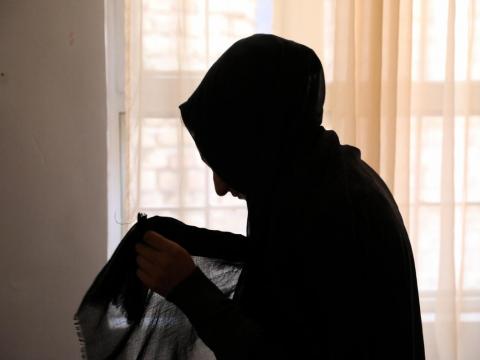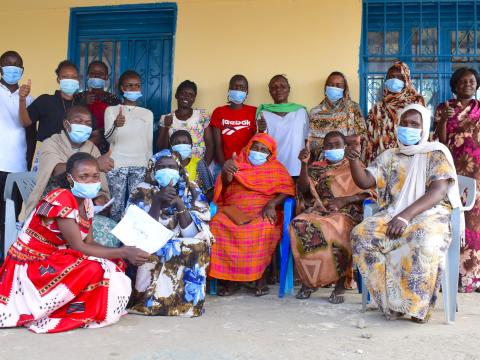
Why do we put up with this?
By Eleanor Monbiot
I love the build up to Christmas with so many church, community and social events, but this year will be so different in so many ways. Fortunately, one thing that has not changed is the BBC release of its 100 Women list at this time of year. It is an opportunity to read about the lives, thoughts and innovations of 100 remarkable women, knowing it’s just the tip of the iceberg of the incredible women across the world changing lives and making history.
Lists like this that celebrate women – such as Afghan robotics engineer Somaya Faruqi and Syrian film-maker Waad al-Kateab and Iraqi public health Nisreen Alwan – remind us of what women can be, and what we can achieve. Women who stand up and say hold on, we can do things differently. Women with passion and ability, so often quietly – look at Eleanor Roosevelt or Graça Machel – making real change happen.
I am constantly inspired by other women. I think you should be too, because never has this been more sorely needed. COVID is already rolling back gains made in gender equity, and the gender gap is growing at an alarming rate.
I’m incredibly privileged to have worked in over 50 countries, and in every one I have met inspiring women, and I can tell you that the resilience, power, compassion and ability of women is yet to be fully realised or released.
So why, in December 2020, has a pandemic allowed domestic abuse and gender inequity to skyrocket? Why, more than 100 years after women were finally allowed to vote in my home country, have we moved from a 100-year timeline to close the gender gap, to more than 250 years?
It breaks my heart to see us moving backwards. My energy and anger and determination to change this drives to me to challenge us all, we are not doing enough. This cannot be a situation we ignore, or think isn’t our problem to fix. It cannot be something we put up with. We do ourselves and the world a huge injustice if we ignore or restrict the ability of 50% of the population to reach their God-given potential.
But how? It seems pretty clear to me – as with almost everything in life, it starts with education and communication. What messages do you give to the girls around you? What do you tell young women when you meet, raise, teach or speak to them? How do you ensure girls complete secondary school, which is the biggest determinate in reducing infant mortality and breaking inter-generational poverty?
I go straight into it! When I meet young girls in one of World Vision’s 72 country programmes, the very first thing I ask them is if they know who I am, then I point to one of the men around me – I’m usually one of the only women in any group – and tell the girls I’m his boss, or his boss, or his boss. They look at me in shock, eyes wide, and I love seeing them realise, many for the first time, that yes, women can be leaders. I tell them you can achieve this, you can achieve absolutely anything you want to, but you have to give yourself choices and options. If you drop out of education, you limit your choices.
Of course, so often it’s not girls who need to hear that. It’s the men around them.
I had the huge privilege when I was growing up that my gender was never relevant. I was never told that “you can’t do that because you’re a girl” or “women don’t do that”. As I grew up and travelled, and began working with World Vision, I saw just how privileged I was having been brought up with that mindset, because the vast majority of girls in the world still do not grow up being told this.
My experience when you ask women in leadership, or strong women, inspirational girls what contributed to their success, almost 100% say because their father stood up for them, their father wanted them to get an education. Which is why one of the things I’ve always been passionate about is talking to men about their role in changing the world for women, for their daughters, wives, sisters, mothers.
In my role as the leader of 14 countries in our region, I constantly challenge our national offices in how we’re engaging men in our programmes, particularly adolescent males. As a development industry, we have deprioritised conversations with young men, in favour of focusing on the rights and needs of girls. It shouldn’t not be either/or, it has to be both. Because when boys and men are ignored, disempowered and disenfranchised, women pay the price.
And that is something I won’t put up with.
Eleanor Monbiot is World Vision’s Regional Leader for Middle East and Eastern Europe. Follow Eleanor on Twitter @EleanorMonbiot
